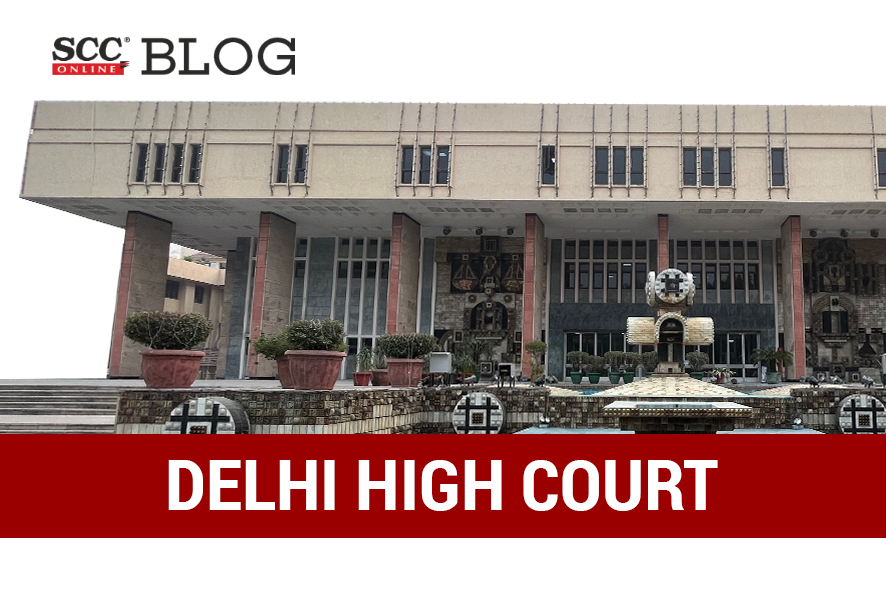Delhi High Court: In a case wherein an application was filed for the refund of the court fees, a Single Judge Bench of Yashwant Varma, J.* took purposive interpretation of Section 16 of the Court Fees Act, 1870 and extended its scope even to the cases in which the suit was stayed due to imposition of moratorium. The Court opined that such suits would relate to the settlement of claims, hence, would fall within the scope of Section 16 of the Court Fees Act, 1870.
In the present case, the plaintiff filed a commercial suit against the defendants, who were the promoters of Cox & Kings Ltd. for recovery of Rs. 15,85,00,000/- arising from a Master Facility Agreement, for providing Revolving Bill Discounting Facility for Cox & Kings Ltd. During the pendency of the said suit, NCLT, Mumbai imposed an interim moratorium on the defendants, thus, staying the suit in terms of Sections 96 and 238 of the Insolvency and Bankruptcy Code, 2016 (“ IBC”). Since the plaintiff was unable to proceed further, it sought withdrawal along with a refund of the entire court fees.
The Court Fees Act, 1870 provided for complete refund under Section 16 only in cases where the Court had referred the parties to anyone of the modes of settlement of dispute referred to in Section 89 of the Civil Procedure Code, 1908 (“CPC”). Since there existed no provision in either the Court Fees Act, 1870, or the CPC, w.r.t. the refund of court fees in lieu of a moratorium, the plaintiff prayed that purposive interpretation of the provisions of the Court Fees Act, 1870 should be taken. The plaintiff further submitted that the purpose of court fee was for facilitating the adjudication of disputes between the parties, however, in the present case, as no adjudication was possible for reasons beyond the control of the plaintiff, it was submitted that the Court should exercise its inherent discretionary powers to grant complete refund of court fees. The plaintiff relied on High Court of Madras v. M.C. Subramaniam, (2021) 3 SCC 560, wherein it was held that to achieve the true purpose of an enactment, the Courts were empowered to expand the scope of provisions of a statute to cover situations that were not strictly encapsulated in the language used therein.
The Court noted that once personal insolvency had commenced in terms of Section 95 of IBC, the interim moratorium would come into play immediately upon the institution of those proceedings. Thus, the Court opined that in terms of the commencement of proceedings under the IBC, the plaintiff now had the solitary remedy of filing a claim and participating in the collective statutory settlement process that would ensue against the defendants. The Court further opined that since the same would also relate to a settlement of claims, it would appear to fall within the scope of Section 16 of the Court Fees Act, 1870.
The Court allowed the present application and directed the Registry to take appropriate steps for a refund of the court fee which stands deposited accordingly.
[Proud Securities and Credits (P) Ltd. v. Urrshila Kerkar, 2023 SCC OnLine Del 2270, Order dated 17-4-2023]
Advocates who appeared in this case :
For the Plaintiff: Mahip Singh, Samir Malik, Krishan Kumar, Advocates
*Order by: Justice Yashwant Varma







